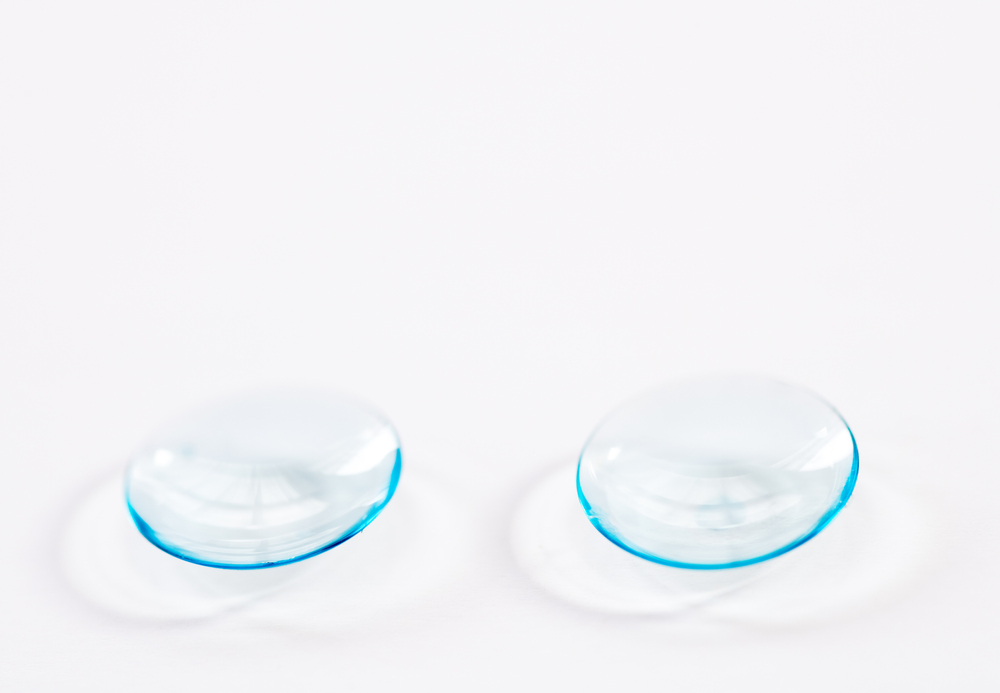

Are you thinking of switching from glasses to contact lenses? Contact lenses are an excellent alternative to eyeglasses. They remove all the hassle of glasses and the inconveniences that glasses cause. Contact lenses are flexible; you can wear them daily, on the weekends, or only during special occasions or events.
When you decide to get your first pair of contacts, they must fit you well. There are also various types of contacts you can choose from. It will depend on the type of vision correction you need. You will first need to visit your optometrist.
What Is the Importance of an Eye Exam?
A regular checkup with the optometrist is important to ensure healthy eyes. It offers a great opportunity to check if there are any developing eye conditions. A comprehensive eye exam checks the quality of your vision and the health of your eyes.
The eye doctor will look out for conditions that may interfere with contact lens wear. They will determine the prescription that you need to correct your vision. This prescription alone is not enough for contact lenses.
Contact Lens Consultation
Several innovations make contact lenses more comfortable, accessible, and convenient. You will need to discuss your lifestyle choices with your doctor to determine the type of contact lens you should get. If you have an existing eye condition like astigmatism or dry eyes, your doctor might have recommendations for you. You will get contact lenses that address your specific needs.
Contact Lens Fitting
Different sizes fit different types of eyes when it comes to contact lenses. Your optometrist will have to take measurements of your eyes to find your fit. If contact lenses fail to fit your eyes, they can cause blurry vision and discomfort and damage your eye. There are several measurements that the optometrist will take for contact lenses.
Corneal Curvature
The optometrist will measure the curvature of the front of your eye. To determine the curvature of your lenses, the eye doctor will use an instrument called a keratometer. If the eye doctor needs a more accurate mapping of your cornea, they will use corneal topography.
Iris or Pupil Size
The optometrist will measure the size of your iris or pupil with an instrument called a slit lamp or biomicroscope. They might also decide to measure it manually with a ruler. Measuring the iris is essential if you are fitted with specialized lenses such as GP contacts.
Tear Film Evaluation
Dry eyes are some of the most common conditions affecting contact lens wear. If you have dry eye syndrome, the eye doctor will want to ensure you have good tear film to maintain the moisture for contact lenses. The doctor might decide to prescribe contact lenses specifically meant for people with dry eye syndrome.
For more on what to expect in an exam for contact lenses, visit Atlanta Eye Group at our offices in Alpharetta, Kennesaw, or Atlanta, Georgia. You can also call (770) 727-0772 to book an appointment today.





